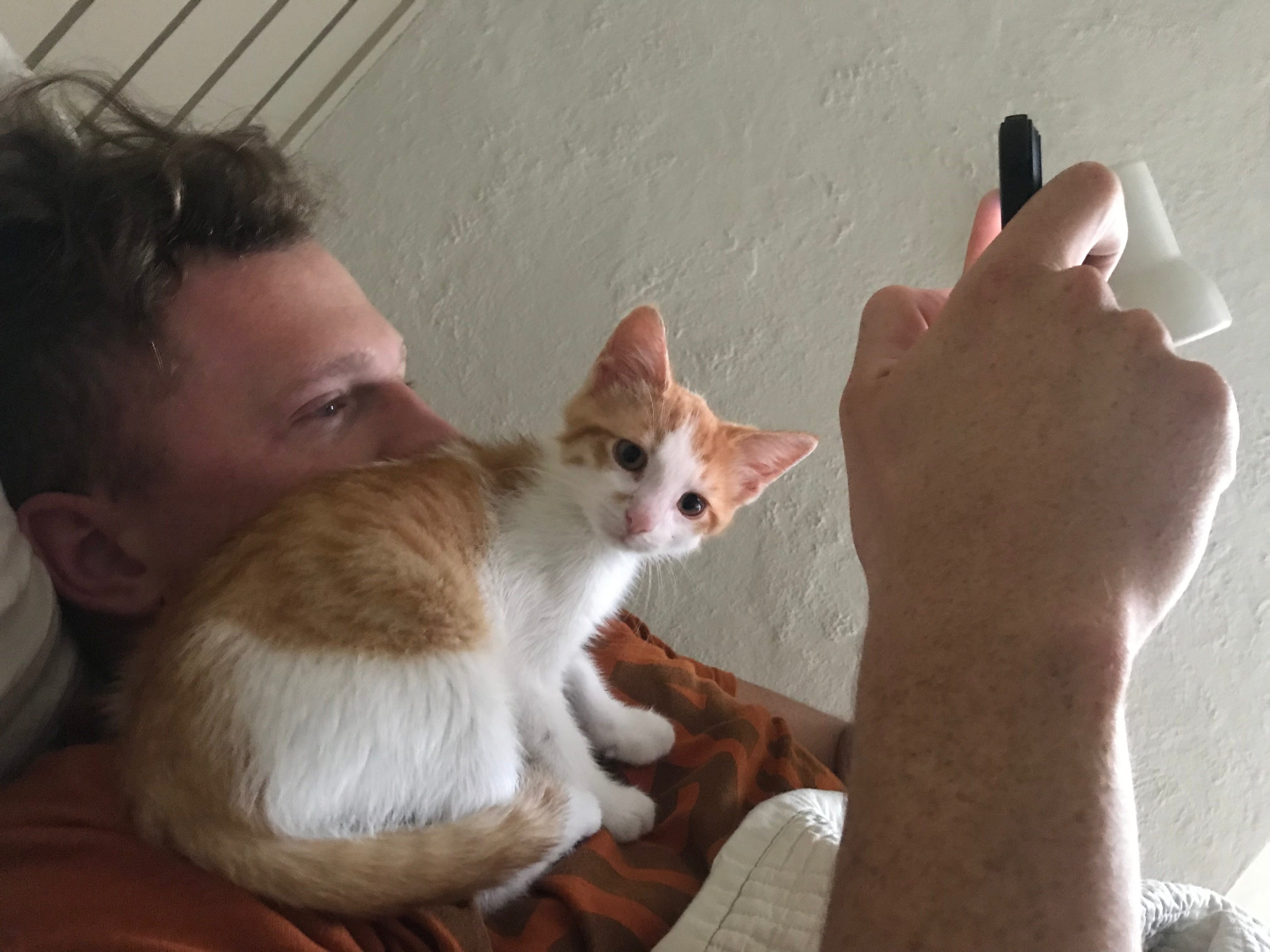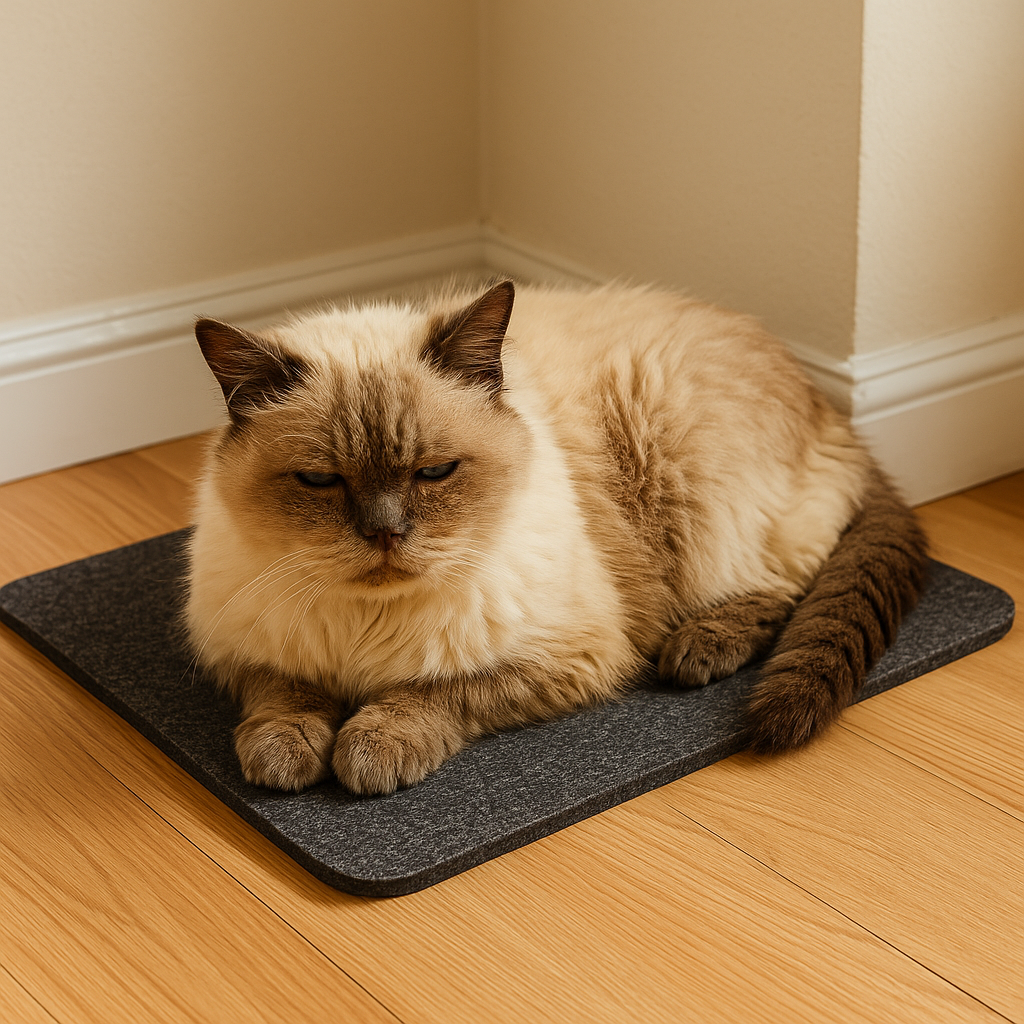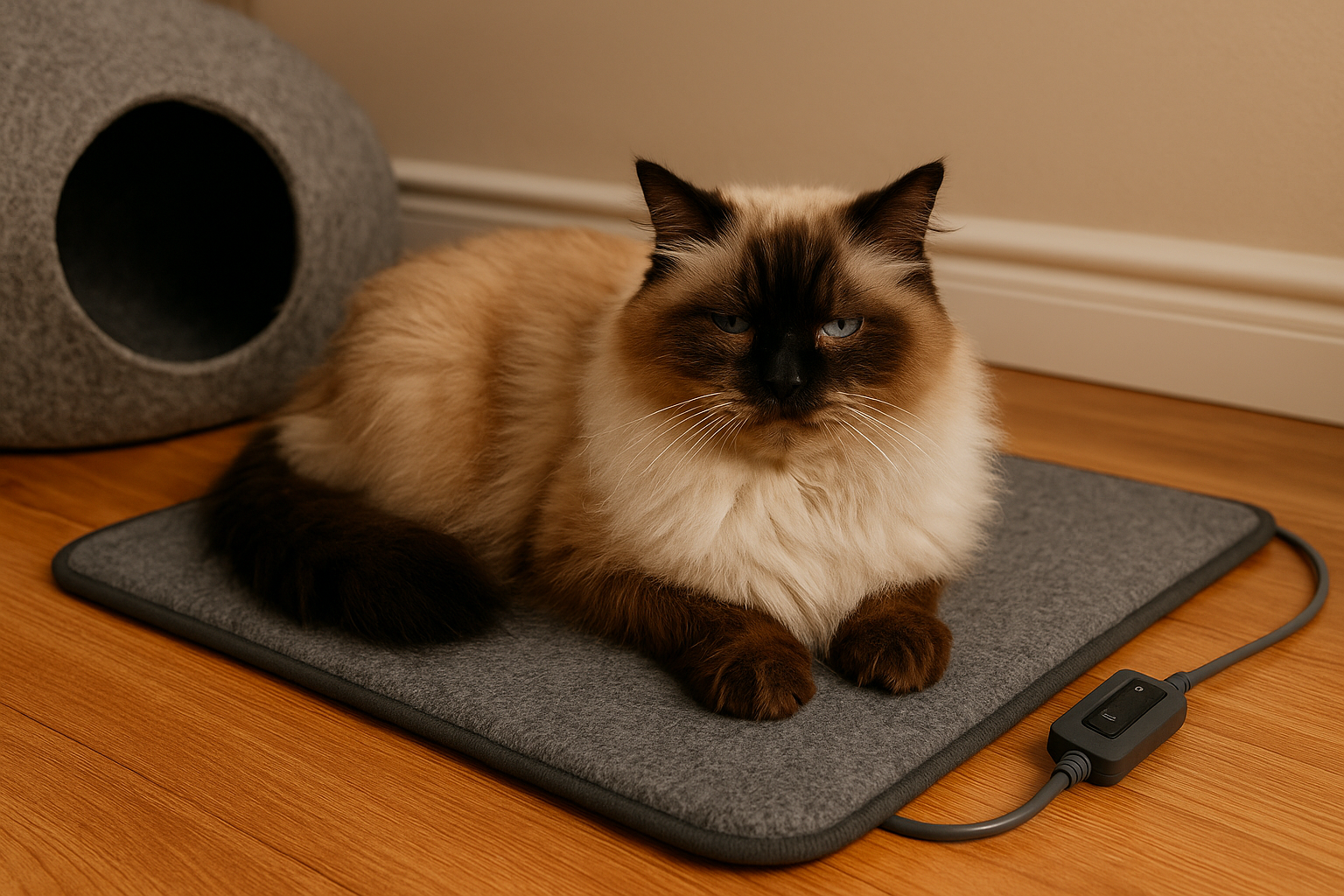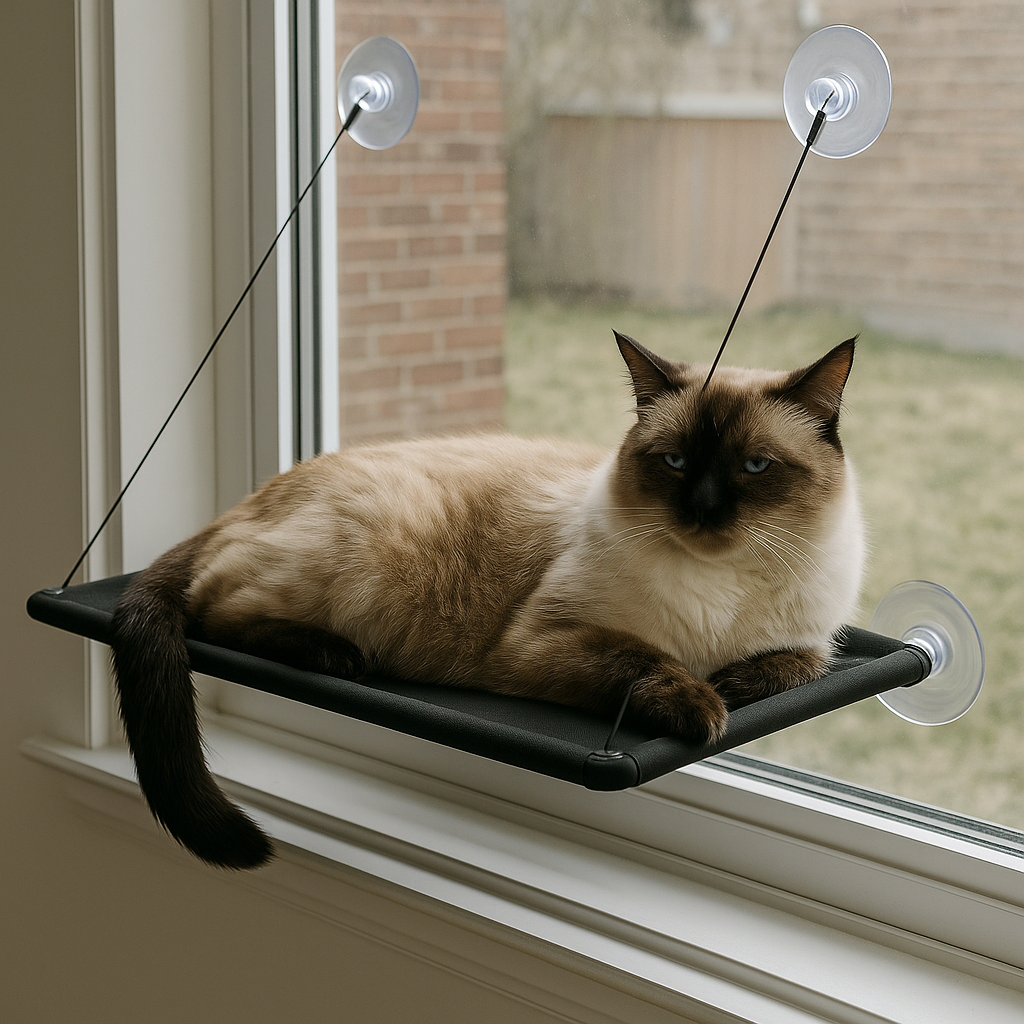Cat Bad Breath 2025: Causes, Risks & How to Fix It 🐱
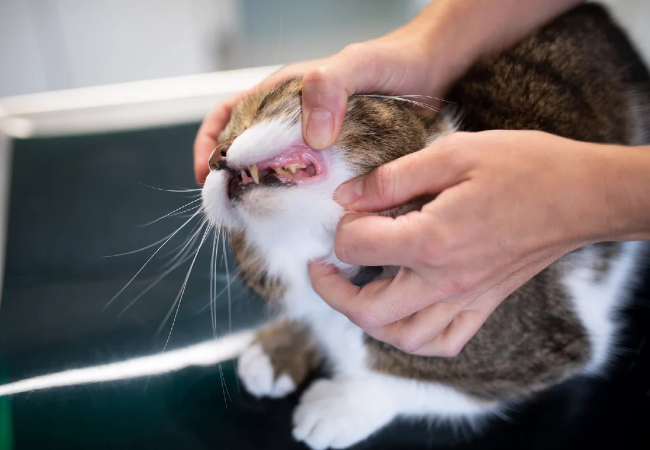
In this article
Cat Bad Breath 2025: Causes, Risks & How to Fix It 🐱
By Dr. Duncan Houston BVSc
Have you noticed an unpleasant odor when your cat opens its mouth? Bad breath in cats, also known as halitosis, is not just a minor annoyance—it can be a sign of underlying health problems. While occasional mild odor can occur, persistent or strong bad breath should not be ignored.
Let’s explore the common causes, health risks, and ways to address cat bad breath.
🔹 Common Causes of Bad Breath in Cats
Bad breath can arise from several sources, ranging from dental issues to serious organ diseases.
1. Dental Disease 🦷
Dental problems are the most frequent cause of bad breath in cats. This includes:
-
Periodontal disease
-
Tartar buildup
-
Gingivitis (gum inflammation)
-
Tooth decay
Cats are prone to dental disease because plaque can accumulate quickly, leading to bacteria that cause foul odors.
2. Diet 🍣
Strong-smelling foods, particularly fish or certain wet foods, can temporarily cause bad breath. While less serious than dental disease, diet-related odor can still be noticeable.
3. Oral Infections or Abscesses 🦠
Infections in the mouth, including tooth root abscesses, can produce a pungent odor. These are usually accompanied by pain, drooling, and difficulty eating.
4. Foreign Objects 🧵
Sometimes a cat may get a piece of string, bone, or other object stuck in their mouth or between teeth, which can rot and cause bad breath.
5. Kidney Disease 🩺
Cats with chronic kidney disease often have breath that smells like ammonia or urine. This is a serious condition that requires veterinary care.
6. Liver Disease 🩸
Liver problems can lead to a musty or foul odor in a cat’s breath. Other signs may include jaundice (yellowing of the eyes or gums) and lethargy.
7. Diabetes 🍬
In diabetic cats, especially if blood sugar is uncontrolled, their breath may smell sweet or fruity. This can sometimes indicate a potentially life-threatening condition called diabetic ketoacidosis.
8. Gastrointestinal Disorders 🌱
Stomach or intestinal issues can contribute to bad breath. Vomiting, diarrhea, or bloating may accompany these problems.
9. Respiratory Infections 🤧
Upper respiratory infections, often accompanied by nasal discharge, can drip into the throat and cause a foul odor. Sneezing, coughing, and eye discharge may also be present.
🔹 How to Address Bad Breath in Cats
1. Dental Hygiene
-
Brush your cat’s teeth with cat-safe toothpaste.
-
Offer dental treats and toys designed to reduce plaque.
-
Regular brushing can significantly reduce odor and prevent dental disease.
2. Professional Dental Cleaning
For severe dental disease, your vet may recommend a professional cleaning under anesthesia. This removes tartar and treats gum disease, often improving bad breath dramatically.
3. Diet Adjustment
If diet is the culprit, your vet may suggest:
-
Switching to high-quality, low-odor cat food
-
Avoiding strong-smelling fish-based foods
Always ensure any dietary change is nutritionally balanced.
4. Regular Vet Check-Ups
Routine exams help catch dental, organ, or systemic diseases early, especially in older cats. Early intervention is key to preventing complications.
5. Treating Underlying Conditions
If bad breath stems from kidney disease, liver disease, diabetes, or GI issues, addressing the primary condition often improves the odor. Your veterinarian can create a tailored treatment plan.
🐾 Key Takeaways
-
Bad breath in cats is common but not normal.
-
It can be caused by dental issues, diet, infections, or serious organ diseases.
-
Regular brushing, professional cleanings, and vet check-ups are essential.
-
Persistent foul breath should never be ignored, as it can indicate a health problem that needs attention.
Bottom line: Bad breath is often more than just a nuisance. Paying attention to your cat’s oral health and overall well-being can prevent discomfort, detect disease early, and keep your feline friend happy and healthy.




